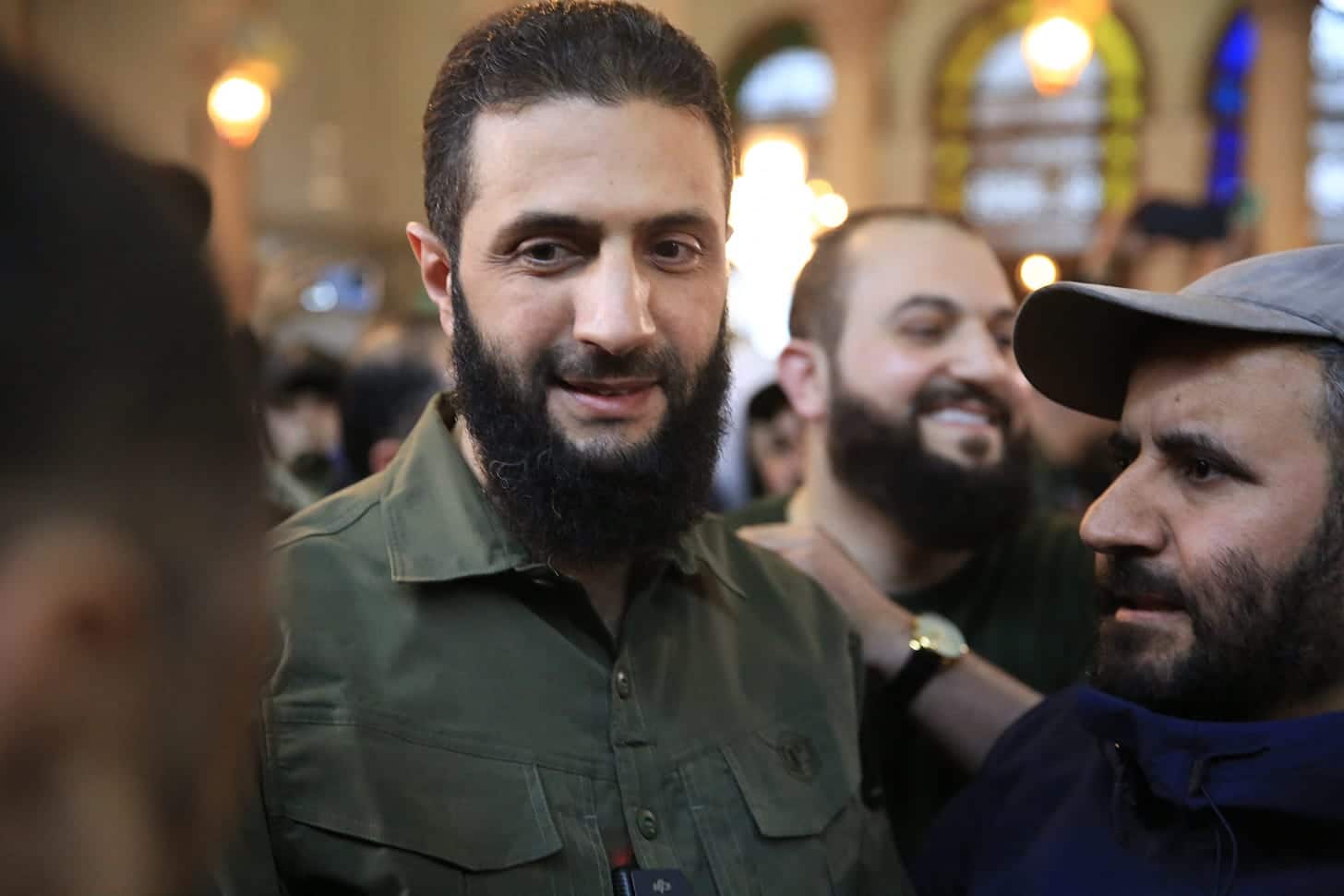163
The rebel militia HTS overthrew ruler Bashar al-Assad in Syria. Here is information about who is behind the militia and what is known about them.
The rebel militia HTS in Syria
HTS stands for Hayat Tahrir al-Sham, which translates as “Organization for the Liberation of the Levant”. The militia was founded in 2017 and emerged from an alliance of various Islamist groups, including the former al-Nusra Front, previously known as an al-Qaeda affiliate in Syria.
- Its leader is Ahmed al-Sharaa, also known by his nom de guerre Mohammed al-Jolani.
- In 2011, Jolani founded the Syrian branch of al-Qaeda, the al-Nusra Front. However, in 2016, the al-Nusra Front officially broke with al-Qaeda and the HTS was formed.
- Unlike al-Qaeda and ISIS, HTS has stated that it has no interest in foreign attacks, which is why they have turned away from them.
- Since the split, HTS and in particular Jolani have taken a more moderate approach and adopted a statesmanlike stance.
- According to international assessments, the group continues to pursue Islamist goals and is classified as a “terrorist organization” by the United Nations.
- In the northern province of Idlib, HTS controls large parts of the region and administers them through the Syria Salvation Government (SSG).
- Here they work together with humanitarian aid organizations and have established a partially functioning state. Nevertheless, there are also accusations of violent crackdowns on dissidents here.
- The HTS was the leading group of the rebel alliance that overthrew the ruler Bashar al-Assad in December 2024.
- This is considered a massive turning point in the long-running Syrian conflict. As a result of Assad’s overthrow, prisoners were released from torture prisons and many people celebrated the liberation of the civilian population from the violent Assad regime.
- HTS is working with Syrian Prime Minister Mohammed al-Dschalali on a transitional government and has declared its commitment to rebuilding a diverse Syria.
- Whether the HTS will continue to pursue a moderate path and be able to build a functioning state system is not yet clear shortly after the fall of the regime and depends on further developments.
